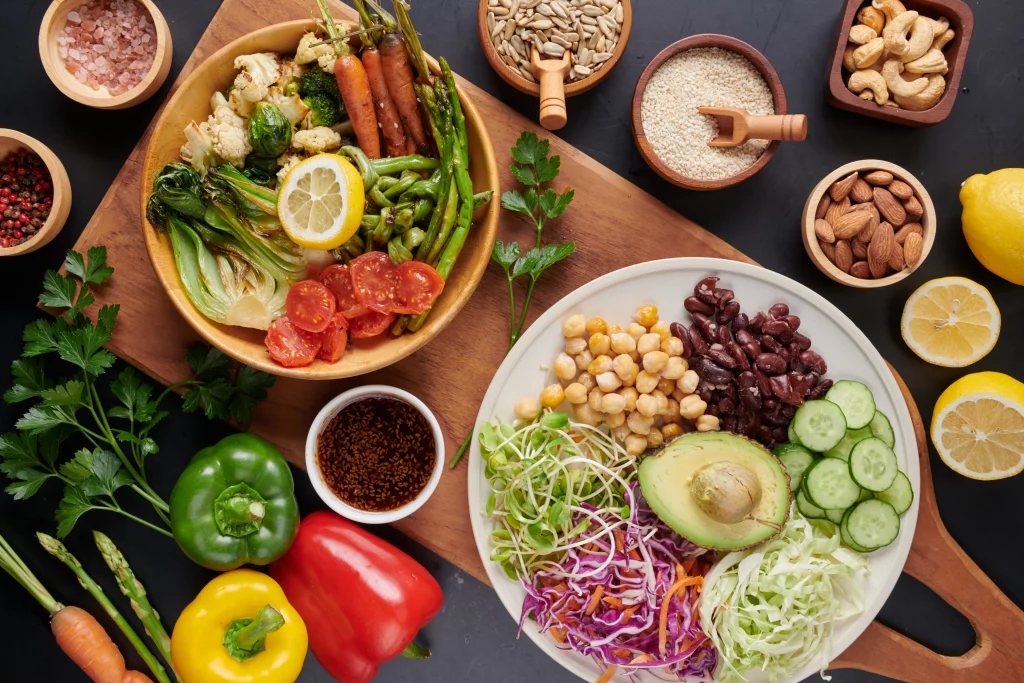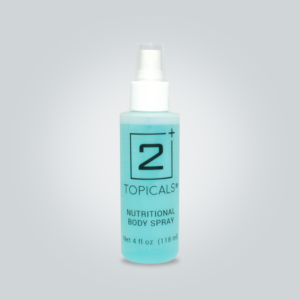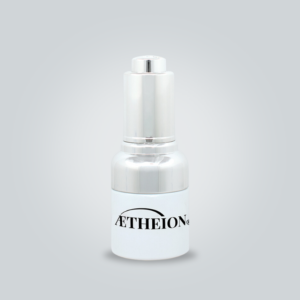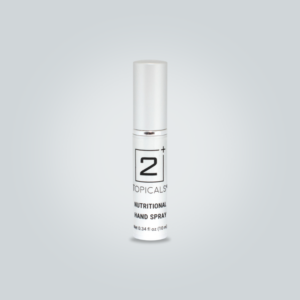No products in the cart.
7 Amazing Ways of How Vegan Diet Benefits Your Skin's Health
Let's talk about the vegan diet benefits for skin.
A vegan diet consists of eating no animal products, including meat, eggs, and dairy. There are many reasons why people choose to follow a vegan diet, including health concerns, animal welfare issues, and environmental concerns.
Some people believe that a vegan diet can have a positive effect on the skin. Supporters of this belief say that a vegan diet is high in antioxidants, which help to protect the skin from damage. They also say that a vegan diet is low in unhealthy fats and processed foods, which can cause skin problems.
There is some scientific evidence to support these beliefs. For example, a study published in the Journal of Dermatology found that people who followed a vegan diet had better skin health than people who followed a non-vegetarian diet. The study participants who followed a vegan diet had lower levels of inflammation and fewer skin concerns, such as acne, blemishes, and dry or oily skin.
However, many of the vegan diet benefits for the skin are anecdotal rather than scientific. This means that they aren't based on reliable scientific research. For example, anecdotal evidence suggests that vegans appear to have healthier-looking skin than people who eat meat and dairy products. But these observations don't prove that a vegan diet is the cause of this difference. However, more research is needed to confirm these findings.
You should know that the vegan diet benefits for skin are incredible. Let's talk about them.
Vegan diet benefits for the skin:
-The antioxidants in fruits and vegetables can help to protect the skin from damage.
-A vegan diet is low in unhealthy fats and processed foods, which can cause skin problems.
-Vegan diets are high in fiber, vitamins, minerals, and antioxidants, all of which are beneficial for the skin.
-A vegan diet can help to clear up acne and to prevent adult acne from forming.
-A vegan diet can assist to minimize the effects of rosacea.
-A vegan diet can support reducing the risk of skin cancer.
-Vegan diets are high in phytonutrients, which are plant chemicals that have anti-inflammatory and antioxidant properties. This can help to protect the skin from the effects of inflammation and oxidative stress.
The vegan diet benefits for the skin health are evident. If you are thinking of switching to a vegan diet, it is important to consult with a health professional first.
A vegan diet can be healthy, but it can also be deficient in certain nutrients. For example, a vegan diet is typically low in vitamin B12 or vitamin D. Without these nutrients, or without supplements that provide them, there is an increased risk of several serious medical conditions including anemia and osteoporosis.
In addition to consulting with a doctor before making any changes to your diet, it is also essential to make sure that you are getting enough protein when following a vegan diet. Protein is essential for the health of the skin, hair, nails, and muscles.
In conclusion, the benefits of veganism for the skin are many. A vegan diet is high in antioxidants, low in unhealthy fats and processed foods, and filled with beneficial vitamins, minerals, and antioxidants. A vegan diet can help to clear up acne, to prevent adult acne from forming, to minimize the effects of rosacea, reduce the risk of skin cancer, support reducing inflammation, and support the reduction of oxidative stress.
If you are thinking about going vegan, it is important that you do so slowly. The sudden change from a diet high in animal products can cause health problems such as indigestion and a deficiency in certain nutrients, including vitamin B12 or vitamin D. Make sure to consult with a health professional before making any dietary changes. A vegan diet can be healthy, but it is significant to make sure that you are getting enough protein and other essential nutrients.
If you have tried a vegan diet for skin health, we'd love to hear about your experience. Please leave a comment below!

Copyright © 2024 All Rights Reserved, AETHEION® cosmetics store is property of ChemCream S.A.P.I. de C.V.







